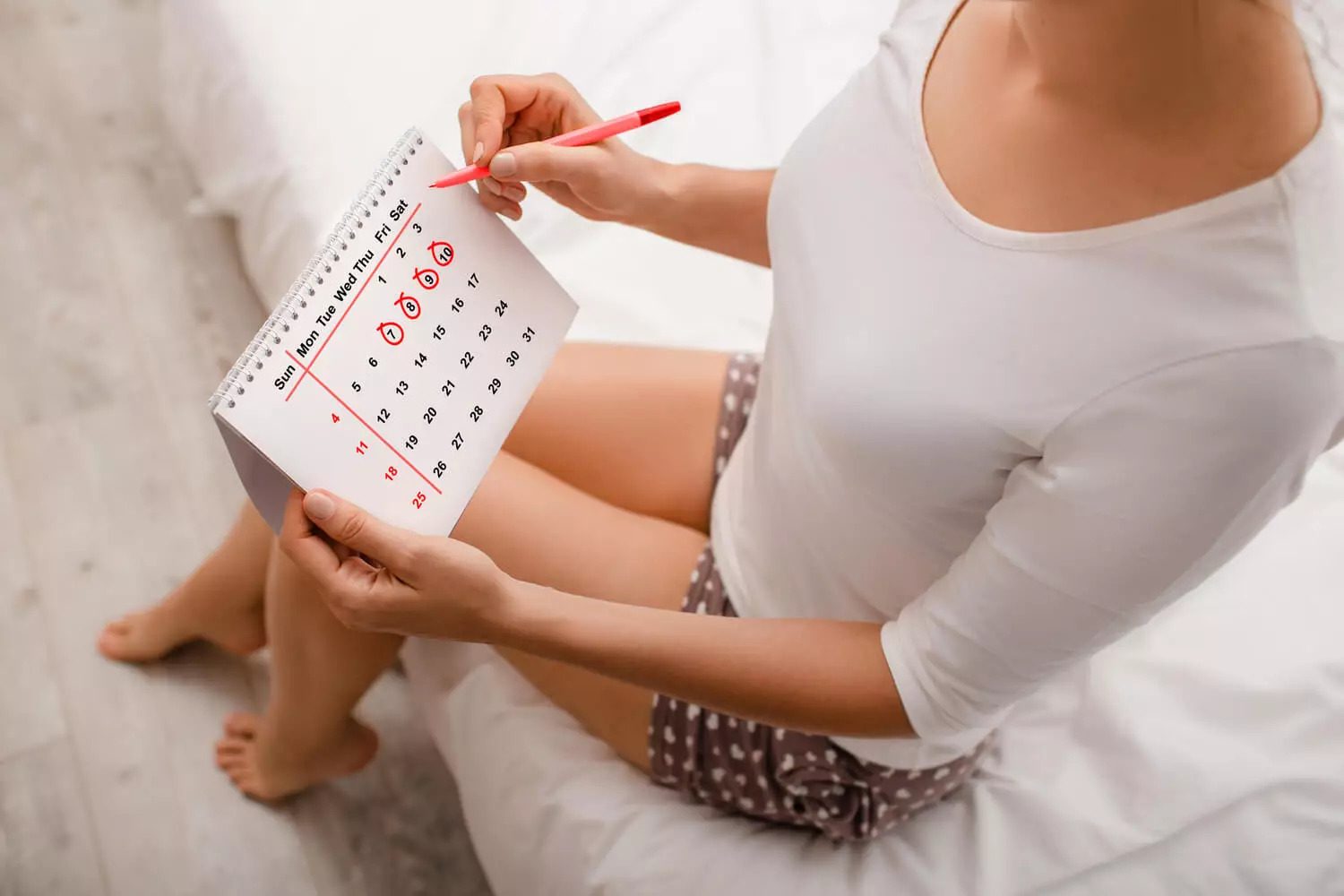What is Ovulation?
Ovulation is the process in which a mature egg is released from the ovary of a female, and then travels down the fallopian tube to the uterus.
The ovary releases one egg per cycle, and this process typically takes place about two weeks before a woman’s period starts. The egg moves through the fallopian tube to her uterus where it will either be fertilized by sperm or die.
What are the Signs of Ovulation?
Ovulation is the release of an egg from the ovary. The process is called ovulation. Ovulation typically occurs about midway between menstrual cycles. For example, if a woman has a 28-day cycle, then ovulation would occur around day 14.
Women can know when they are ovulating by paying attention to their body’s signs and symptoms.
Some women experience physical changes in the days leading up to ovulation, including:
-Increased vaginal discharge (more wetness)
-Breast tenderness or swelling
-Moodiness or irritability
-Increased sexual desire
Causes of Ovulation Symptoms and Infertility After Menopause
There are many causes of ovulation symptoms and infertility after menopause. One of the most common is a decrease in estrogen levels. Estrogen is the hormone that helps regulate ovulation and fertility in women. When estrogen levels decrease, there can be an increase in symptoms like irregular periods, hot flashes, mood swings and vaginal dryness.
A decrease in estrogen levels can also cause infertility after menopause because it affects the quality of the uterine lining which is essential for implantation. This means that a woman’s eggs may not be able to get to the uterus or attach themselves to it properly if her uterine lining is too thin or irregular.
Symptoms of Ovulation After Menopause
Menopause is a natural part of the aging process. It is accompanied by a variety of changes in the body, including hormonal changes and symptoms such as hot flashes, mood swings, and vaginal dryness. Menopausal women may also notice that their periods stop altogether.
In addition to these symptoms, many women experience other physical changes during menopause that can affect their day-to-day life. One of these changes is the cessation of ovulation.
Can You Get Pregnant After Menopausing?
There are many myths and misconceptions about the female reproductive system. One of the most common ones is that women can’t get pregnant after menopause. This is not true.
Women can get pregnant after menopause if they have a monthly menstrual cycle, even if they do not ovulate. The menstrual cycle usually begins to change as a woman enters menopause, with shorter cycles and less bleeding. The ovaries produce less estrogen which means that the uterine lining becomes thinner and there is less blood flow to the vagina which means it’s harder for sperm to make their way up into the uterus and fertilize an egg. However, it is still possible for a woman to conceive after menopause because her eggs are still present in her ovaries even though she does not ovulate anymore.
How To Know if You’re Menopausal?
Menopause is a natural process in which ovaries stop producing eggs and menstrual periods stop. It can be difficult to know if you’re menopausal or not, but there are some early warning signs that might help you figure it out.
1. Hot flashes – this symptom is the most common sign of menopause and can last for several years after your last period.
2. Irregular menstrual cycles – if you have been having irregular periods for more than 3 months, it’s possible that you’re entering menopause.
3. Vaginal dryness – this is another common symptom of menopause which may lead to painful sex and urinary tract infections (UTIs).
4. Sleep disturbances – sleeping fewer hours or feeling sleepy during the day can be a sign of menopause to
Conclusion: What You Need to Know About Ovulation Symptoms & Infertility After Menopause
The conclusion of this article is that there are some symptoms of ovulation that can be missed if you are postmenopausal. You should also know about the fertility after menopause and the treatment for infertility.
Some women who have gone through menopause find it difficult to identify their ovulation symptoms. The absence of menstrual periods can make it hard to know when they are ovulating, which can make it difficult to get pregnant. There are some other symptoms of ovulation that can be missed if you are postmenopausal, so you should consult your doctor if you experience any of these: vaginal discharge; abdominal pain; breast tenderness; headaches or migraines; mood swings; acne or skin breakouts.
In terms of fertility after menopause, studies show that women who were pre-menopausal at the time they went through menopause had a higher chance of getting pregnant than those who were not pre-menopausal at the time they went through

